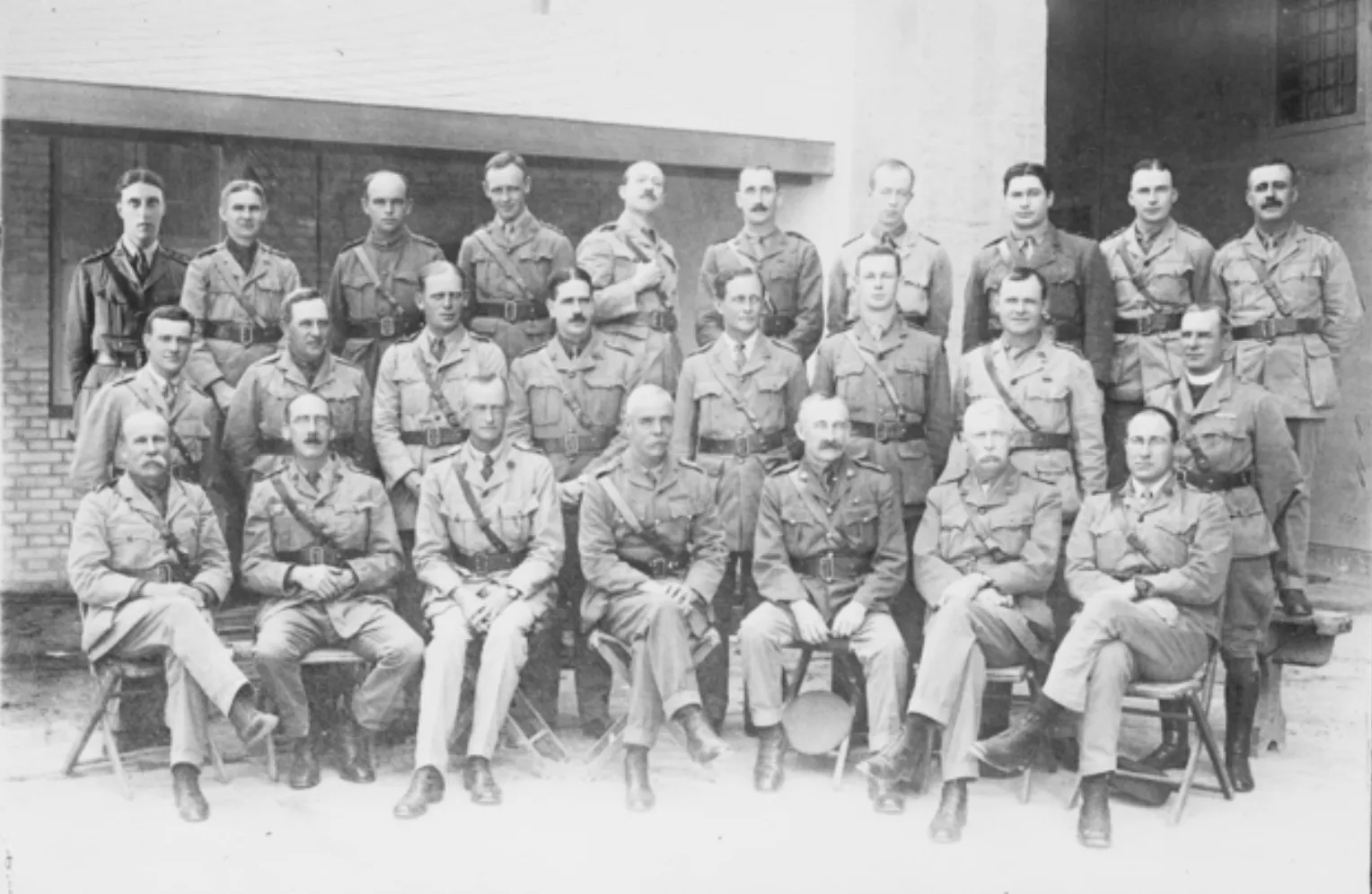Charles James Martin
Born in Hackney, London, in 1866, Charles James Martin was a physiologist and pathologist when he arrived in Australia in 1891. He taught at the University of Sydney and the University of Melbourne. Through his research into Australian native fauna, particularly work on snake venom, he was also a pioneer in toxicology.
Charles returned to England in 1903, taking up the directorship of the renowned Lister Institute of Preventative Medicine. His work included research into typhoid, bubonic plague and the mechanics of disinfection, among other concerns.
Charles was recruited into the Australian Army Medical Corps in July 1915 in London, joining No. 3 Australian General Hospital (3AGH) and establishing its pathology unit. Australian bacteriologist Fannie (Eleanor) Williams worked closely with him. Their critical research into enteric fever among troops at Gallipoli established that the condition was caused by paratyphoid A and B rather than by the typhoid bacilli, against which troops had been inoculated. Following the findings, his team produced a vaccine that gave immunity against all three bacilli.
In February 1916, Charles was promoted to lieutenant-colonel and appointed senior bacteriologist with the AIF Inter Base in Cairo. He also served in Sinai, London and France and was instrumental in setting up field laboratories. He was twice mentioned in despatches and was awarded the Most Distinguished Order of Saint Michael and Saint George in 1919. He was knighted in 1927.
On Charles’ discharge from the AIF in September 1919, he returned to the Lister Institute. In 1930, he accepted an appointment to lead the animal nutrition division of the CSIRO in Adelaide; he was also appointed professor of biochemistry and general physiology. He remained in Australia for three years before returning to England.
He died in Cambridge, England, in 1955, aged 89.
